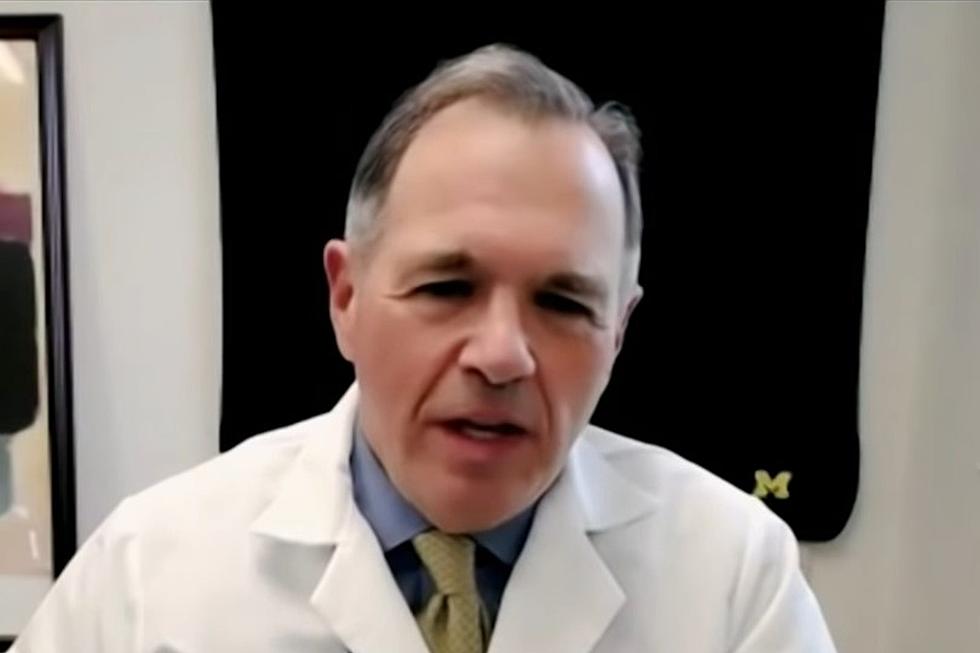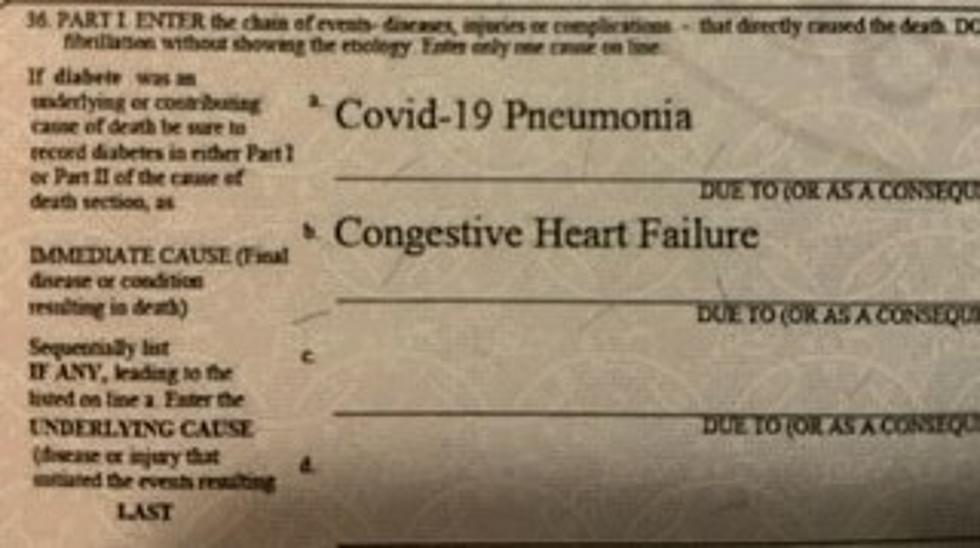
MDHHS Sends Text Messages to See If You’ve Been Vaccinated
Chances are you got a text today about your car’s warranty, or from your dentist or doctor. No surprise there, but getting one from Big Brother at the Michigan Department of Health and Human Services (MDHHS) might be a little unsettling.
The MDHHS and the Protect Michigan Commission have launched a new text messaging program to share COVID-19 vaccine information and encourage you to get vaccinated.
The MDHHS says the text messaging program will reach 1 million people in counties across Michigan, with a focus on high vulnerability communities and areas with low COVID-19 vaccination coverage.
“We are reaching out to people through a variety of channels to make sure they have the access and information they need to protect themselves from COVID-19 with this safe and effective vaccine,” said Dr. Joneigh Khaldun, chief medical executive and chief deputy for health with MDHHS. “It’s going to take all of us working within our own family and friend networks, answering questions, and providing support to help get more of us vaccinated so we can get back to normal.”
The text messages, began Wednesday, May 26. It asks individuals about their plans around COVID-19 vaccination and then links people to vaccination sites in their area or directs them to sources for more information.
One of our listeners sent us an image of the message she received.
She wrote, “I got an unwanted text this afternoon from the Michigan Department of Health asking if I got the vaccination. I’m wondering how they get our private cell phone numbers.”
State officials say the first message will identify the sender as “the Michigan Department of Health and Human Services.” People have the option to opt-out by replying “STOP” to any of the messages at any time.
LOOK: What are the odds that these 50 totally random events will happen to you?
More From WBCKFM









